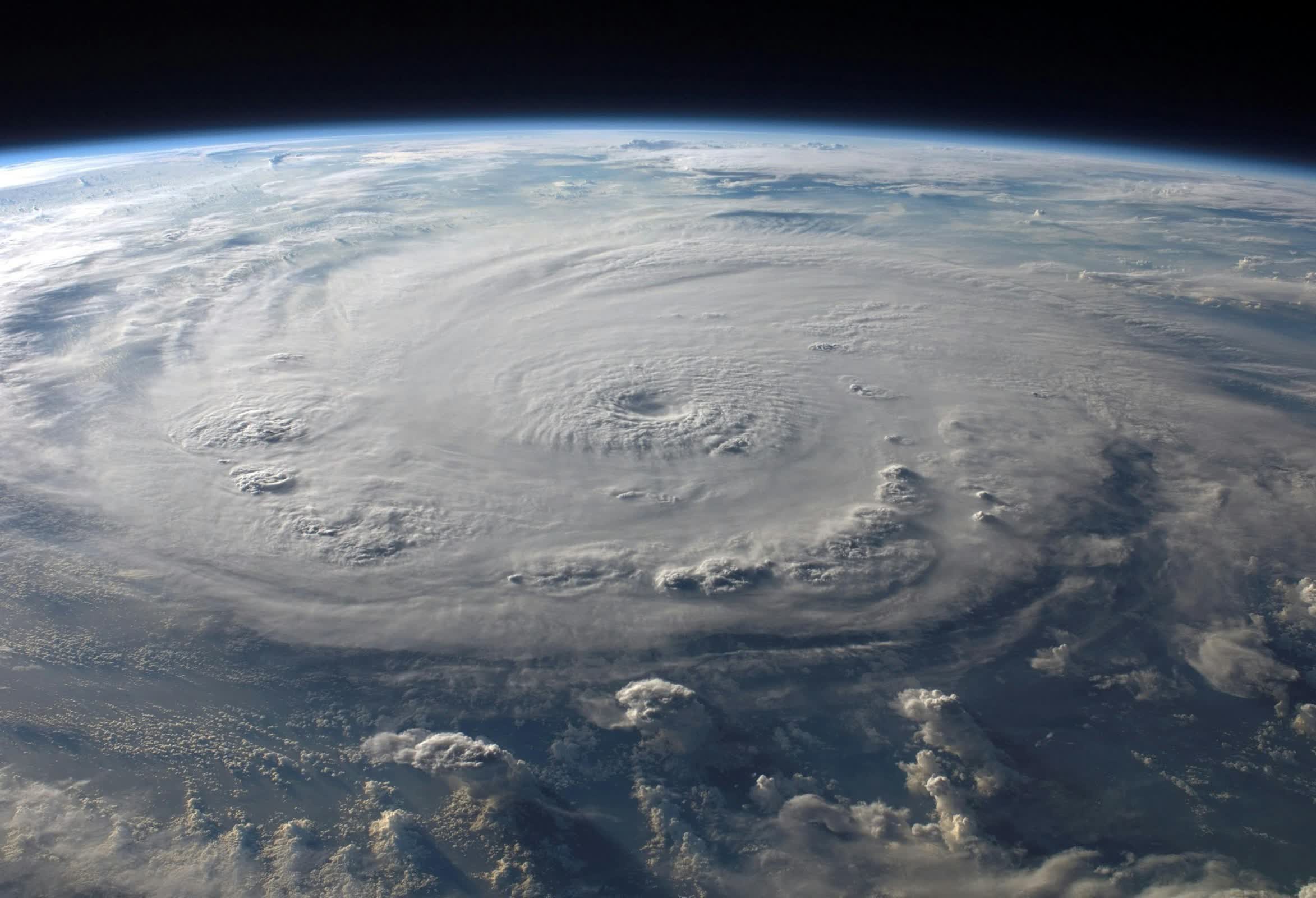In a nutshell: Aardvark Weather, an AI-based system, promises to significantly enhance weather forecasting by delivering predictions dozens of times faster while using thousands of times less computing power than current methods. This system has been developed by researchers at the University of Cambridge, with support from the Alan Turing Institute, Microsoft Research, and the European Centre for Medium Range Weather Forecasts.

The speed and efficiency of modern forecasting systems are vital, as traditional methods rely on powerful supercomputers and extensive teams of experts, often requiring several hours to produce forecasts.
Recent innovations from tech giants such as Huawei, Google, and Microsoft have demonstrated that AI can significantly improve specific aspects of the forecasting process, including numerical solvers, which are crucial in weather forecasting as they simulate how atmospheric conditions evolve over time. These companies have achieved faster and more accurate predictions by integrating AI into these solvers.

As one example, Google has been developing AI models for weather forecasting and is currently marketing two models to its enterprise cloud customers. Developed by Google DeepMind, the models use historical weather data to predict future conditions 10 to 15 days in advance.
Aardvark represents a significant advancement by replacing traditional forecasting processes with a single, streamlined machine-learning model. Using a standard desktop computer, it can process data from various sources, including satellites and weather stations, to generate global and local forecasts in minutes.
"Aardvark reimagines current weather prediction methods, offering the potential to make weather forecasts faster, cheaper, more flexible, and more accurate than ever before," explained Professor Richard Turner from Cambridge's Department of Engineering, who led the research. "Aardvark is thousands of times faster than all previous weather forecasting methods."
Despite operating with only a fraction of the data used by existing systems, Aardvark surpasses the U.S. national GFS forecasting system in several key metrics and remains competitive with forecasts from the National Weather Service, which typically involve multiple models and expert analysis.
"These results are just the beginning of what Aardvark can achieve," noted first author Anna Allen from Cambridge's Department of Computer Science and Technology. She said the end-to-end learning approach can be easily applied to other weather forecasting problems, such as hurricanes, wildfires, and tornadoes. It can also be used for broader Earth system forecasting, including air quality, ocean dynamics, and sea ice prediction.
One of the most interesting aspects of Aardvark is its flexibility and simple design. Because it learns directly from data, it can be quickly adapted to produce bespoke forecasts for specific industries or locations, whether predicting temperatures to support African agriculture or wind conditions for European renewable energy firms. This contrasts sharply with traditional systems, which require years of work by large teams to customize.
This capability has the potential to transform weather prediction in developing countries, where access to expertise and computational resources is limited. "By shifting weather prediction from supercomputers to desktop computers, we can democratize forecasting, making these powerful technologies available to developing nations and data-sparse regions around the world," said Dr. Scott Hosking from The Alan Turing Institute.
Aardvark is expected to play a significant role in expanding the scope of weather forecasting. Turner mentioned that the model could eventually accurately predict eight-day forecasts, surpassing the capabilities of current models by three days. This advancement, along with Aardvark's adaptability and efficiency, positions it as a transformative force in meteorology.
The next steps for Aardvark include developing a new team within the Alan Turing Institute that will explore deploying the technology in the global south and integrating it into broader environmental forecasting initiatives.
Cambridge researchers unveil faster and more accurate AI weather system that rivals supercomputers